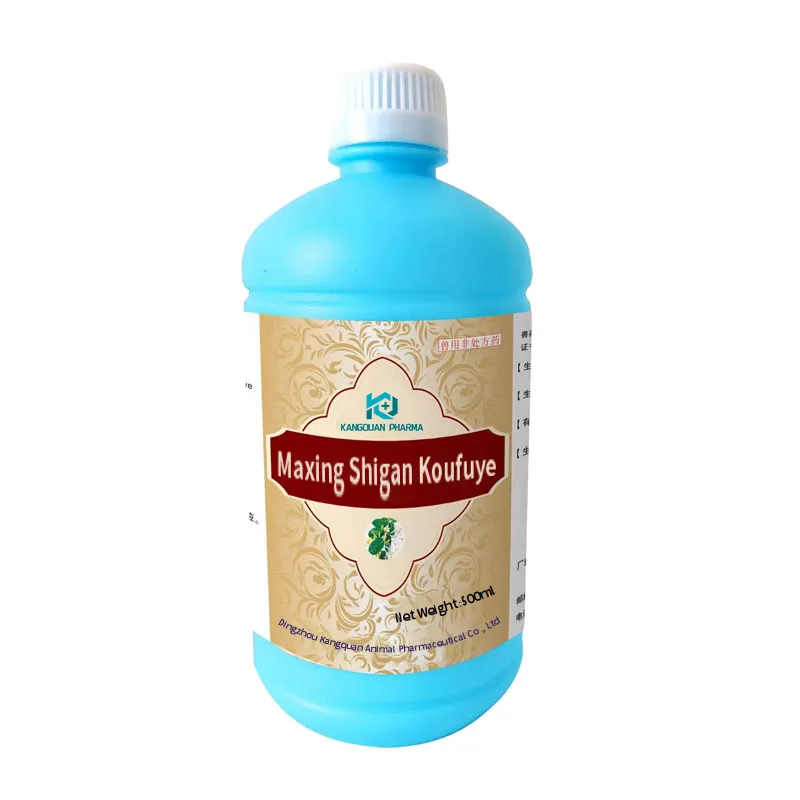- Afrikaans
- Albanian
- Amharic
- Arabic
- Armenian
- Azerbaijani
- Basque
- Belarusian
- Bengali
- Bosnian
- Bulgarian
- Catalan
- Cebuano
- Corsican
- Croatian
- Czech
- Danish
- Dutch
- English
- Esperanto
- Estonian
- Finnish
- French
- Frisian
- Galician
- Georgian
- German
- Greek
- Gujarati
- Haitian Creole
- hausa
- hawaiian
- Hebrew
- Hindi
- Miao
- Hungarian
- Icelandic
- igbo
- Indonesian
- irish
- Italian
- Japanese
- Javanese
- Kannada
- kazakh
- Khmer
- Rwandese
- Korean
- Kurdish
- Kyrgyz
- Lao
- Latin
- Latvian
- Lithuanian
- Luxembourgish
- Macedonian
- Malgashi
- Malay
- Malayalam
- Maltese
- Maori
- Marathi
- Mongolian
- Myanmar
- Nepali
- Norwegian
- Norwegian
- Occitan
- Pashto
- Persian
- Polish
- Portuguese
- Punjabi
- Romanian
- Russian
- Samoan
- Scottish Gaelic
- Serbian
- Sesotho
- Shona
- Sindhi
- Sinhala
- Slovak
- Slovenian
- Somali
- Spanish
- Sundanese
- Swahili
- Swedish
- Tagalog
- Tajik
- Tamil
- Tatar
- Telugu
- Thai
- Turkish
- Turkmen
- Ukrainian
- Urdu
- Uighur
- Uzbek
- Vietnamese
- Welsh
- Bantu
- Yiddish
- Yoruba
- Zulu
Dec . 11, 2024 10:32 Back to list
Effective Disinfection Solutions for Equine Environments and Animal Health Maintenance
The Importance of Equine Disinfectants in Horse Management
Maintaining the health and well-being of horses is paramount for any equestrian or equine facility. One of the critical components often overlooked in horse care is the role of disinfectants. Equine disinfectants are specialized cleaning agents designed to eliminate harmful pathogens that can threaten the health of horses. In this article, we will explore the importance of equine disinfectants, their various types, and how they contribute to better horse management.
Understanding Equine Disinfectants
Equine disinfectants come in various forms, including sprays, concentrates, and wipes. They are formulated to target a wide range of pathogens, including viruses, bacteria, and fungi, which can lead to infectious diseases in horses. Some common pathogens that disinfectants aim to control include equine influenza virus, Streptococcus equi (which causes strangles), and even fungi that can result in conditions like ringworm.
Importance of Disinfection in Horse Management
1. Preventing Disease Spread One of the most significant benefits of using equine disinfectants is their role in disease prevention. Horses are social animals and can easily spread infectious diseases through direct contact or shared environments. Regular disinfection of stalls, feed buckets, grooming tools, and riding equipment helps minimize the risk of disease transmission.
2. Protecting Vulnerable Horses Young foals, elderly horses, and those with compromised immune systems are particularly susceptible to infections. By maintaining a thorough disinfection regimen, caretakers protect these vulnerable populations from potentially life-threatening diseases.
3. Reducing Veterinary Costs Preventing infections with effective disinfection can have financial benefits. Treating a sick horse can be costly, both in terms of veterinary fees and the potential loss of use for competition or work. Implementing a robust disinfection protocol can ultimately save money and resources.
4. Enhancing Overall Health and Performance Healthy horses perform better, whether in competitions or daily activities. By reducing the incidence of disease through effective use of disinfectants, horse owners can ensure their animals are in optimal condition, leading to improved performance and longevity.
Types of Equine Disinfectants
There are numerous types of equine disinfectants available on the market
. Some of the most common include1. Quaternary Ammonium Compounds (Quats) Known for their effectiveness against bacteria and some viruses, Quats are often used on surfaces and in water troughs. They are safe for use around horses when used as directed.
equine disinfectant

2. Bleach While highly effective against a broad spectrum of pathogens, bleach can be harsh and may require careful handling. It's essential to ensure that any bleach solution is rinsed off thoroughly, as residue can be irritating to horses.
3. Hydrogen Peroxide This is a safer alternative that provides good antimicrobial activity. It is effective against bacteria, viruses, and fungi and can be used on surfaces and equipment.
4. Iodophors These compounds are effective against a wide range of pathogens and are often used in veterinary settings. They provide residual activity and are relatively safe when used correctly.
5. Natural Disinfectants In recent years, natural and environmentally friendly disinfectants have gained popularity. These products leverage plant-based ingredients to provide antimicrobial properties, appealing to horse owners who prefer a more organic approach.
Best Practices for Using Equine Disinfectants
To maximize the effectiveness of equine disinfectants, certain best practices should be followed
1. Read Labels Always read the product's label and follow the manufacturer's recommendations regarding dilution, contact time, and application methods.
2. Clean Before Disinfecting Disinfectants work best on clean surfaces. Remove dirt, organic matter, and debris before applying any disinfectant solution.
3. Establish a Routine Develop a consistent disinfection schedule, particularly in high-traffic areas such as stables, grooming areas, and where horses congregate.
4. Monitor Effectiveness Regularly evaluate the effectiveness of your disinfection protocols. If disease outbreaks occur, reassess your methods and consider consulting a veterinarian for additional guidance.
In conclusion, equine disinfectants play a crucial role in safeguarding horse health and enhancing overall management practices. By understanding their importance, utilizing the appropriate products, and implementing best practices, horse owners can create a safer environment for their equine friends.
-
Guide to Oxytetracycline Injection
NewsMar.27,2025
-
Guide to Colistin Sulphate
NewsMar.27,2025
-
Gentamicin Sulfate: Uses, Price, And Key Information
NewsMar.27,2025
-
Enrofloxacin Injection: Uses, Price, And Supplier Information
NewsMar.27,2025
-
Dexamethasone Sodium Phosphate Injection: Uses, Price, And Key Information
NewsMar.27,2025
-
Albendazole Tablet: Uses, Dosage, Cost, And Key Information
NewsMar.27,2025













